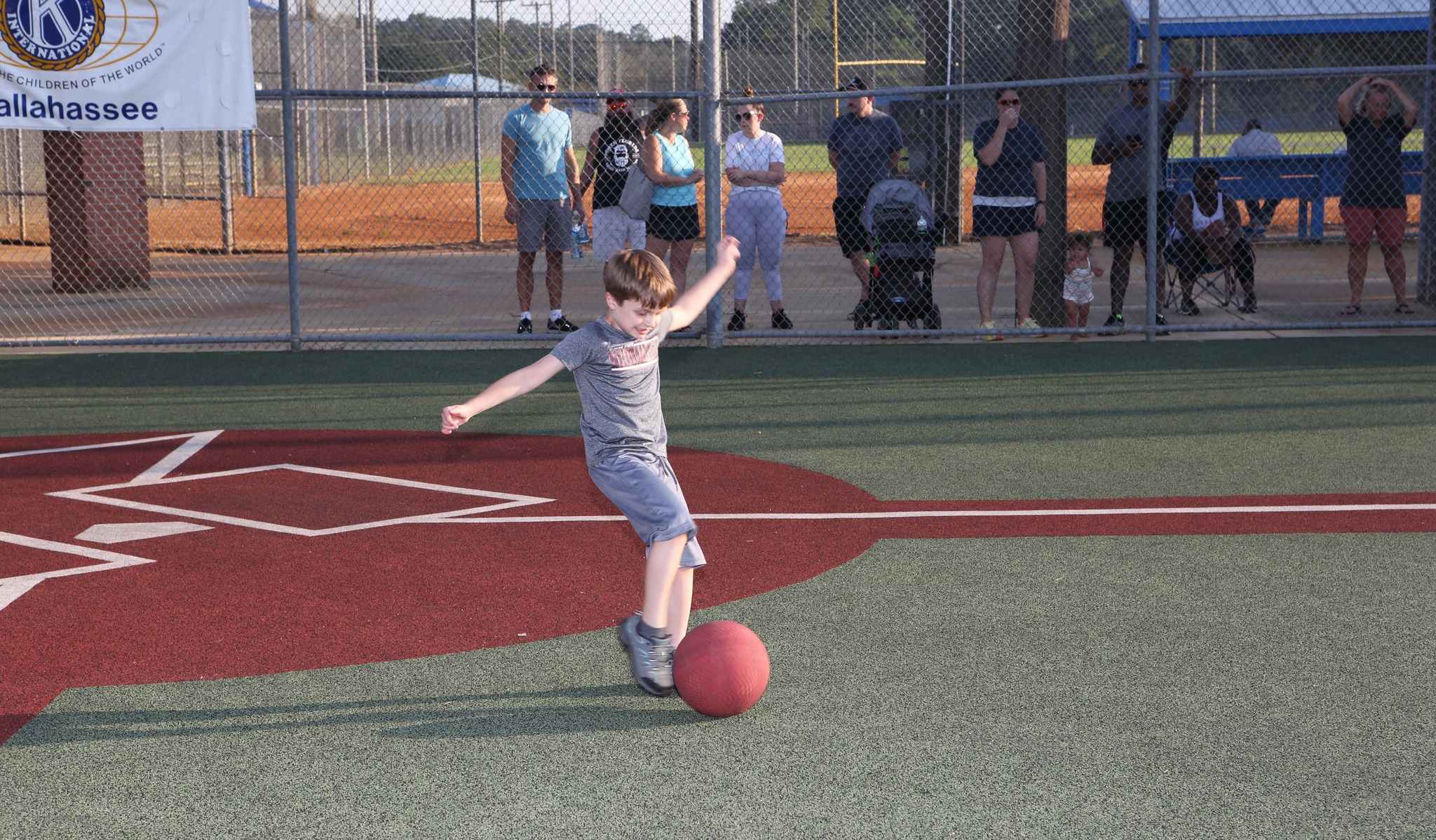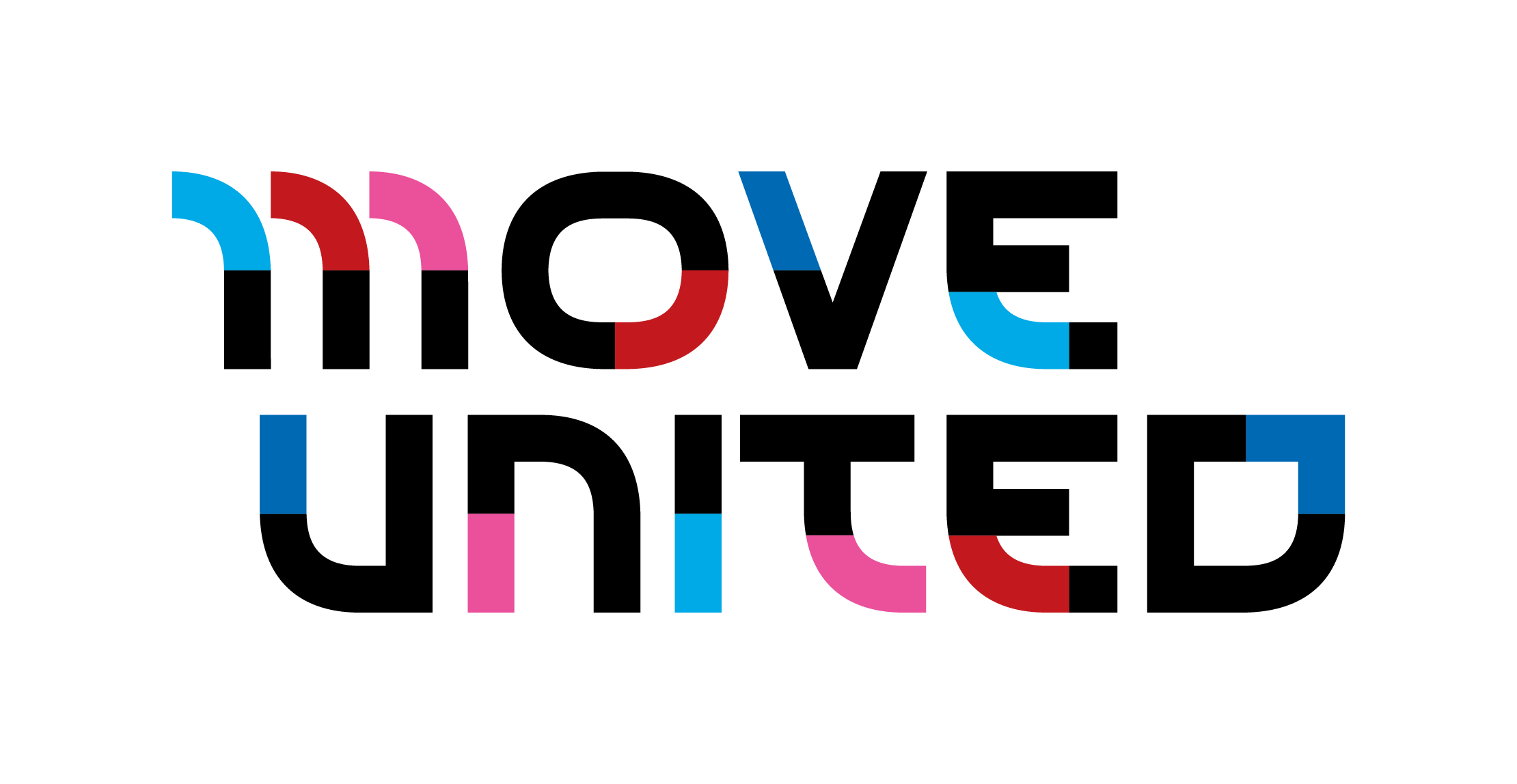SportsAbility Alliance and all our events are for people of all abilities. Athletes can choose to be as competitive, or not, as they would like, and everyone is able to participate! However, for those athletes looking for something a little more competitive, Special Olympics may be a good option to consider. Special Olympics offers many different sports and does have requirements in order to participate. Here is some more information!
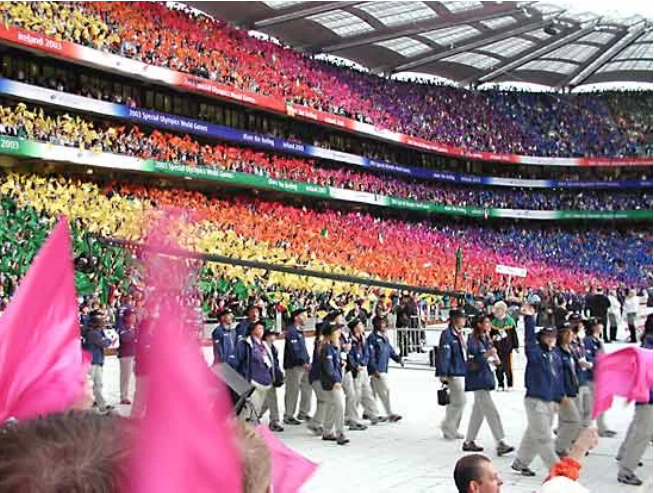 “Special Olympics is important, as it empowers and provides inclusion for special needs athletes. I learned a great deal about patience and will power from Special Olympics athletes, that I may have never experienced if not for Special Olympics,” said Special Olympics Coach Gladys Liehr.
“Special Olympics is important, as it empowers and provides inclusion for special needs athletes. I learned a great deal about patience and will power from Special Olympics athletes, that I may have never experienced if not for Special Olympics,” said Special Olympics Coach Gladys Liehr.
What is the Special Olympics?
Special Olympics is an international program that provides individuals with intellectual disabilities that are eight years or older access to year-round sports training and athletic competition in more than 20 Olympic-type summer and winter sports. Inaugurated in 1968, the Special Olympics was officially recognized by the International Olympic Committee on February 15, 1988. International headquarters are in Washington, D.C.
By the early 21st century there were chapters in nearly 200 countries. More than one million athletes participate annually in some 20,000 meets and tournaments held worldwide, culminating in the international Special Olympics World Games every two years, alternating between winter and summer sports and each lasting for nine days.
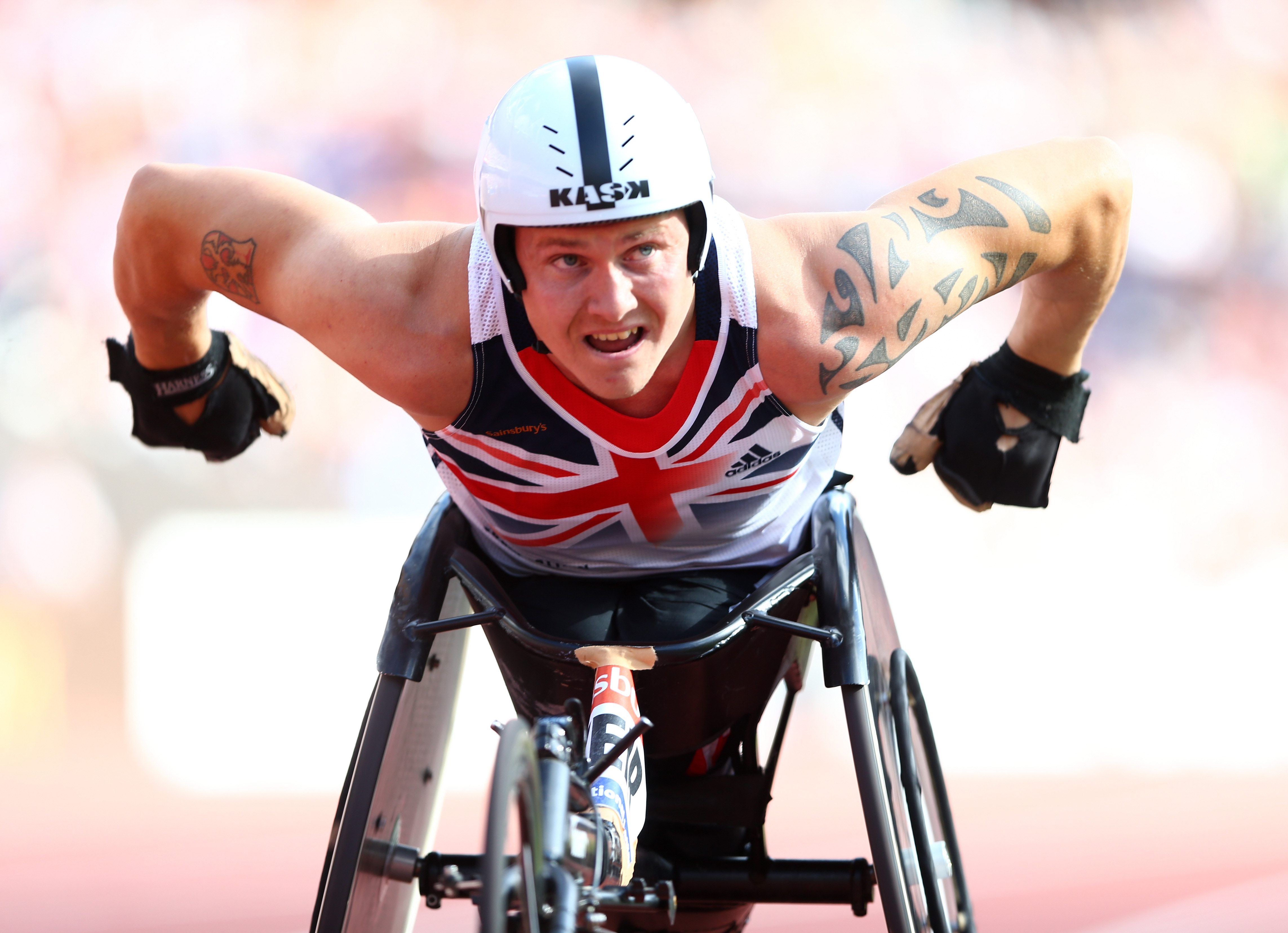
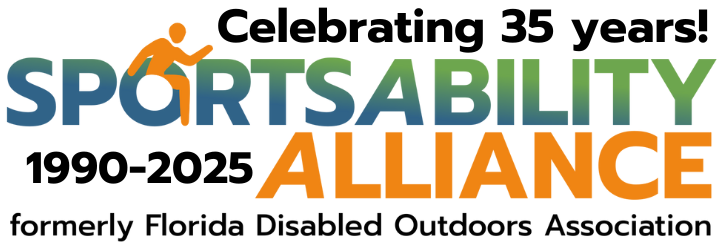
 “Special Olympics is important, as it empowers and provides inclusion for special needs athletes. I learned a great deal about patience and will power from Special Olympics athletes, that I may have never experienced if not for Special Olympics,” said Special Olympics Coach Gladys Liehr.
“Special Olympics is important, as it empowers and provides inclusion for special needs athletes. I learned a great deal about patience and will power from Special Olympics athletes, that I may have never experienced if not for Special Olympics,” said Special Olympics Coach Gladys Liehr. 